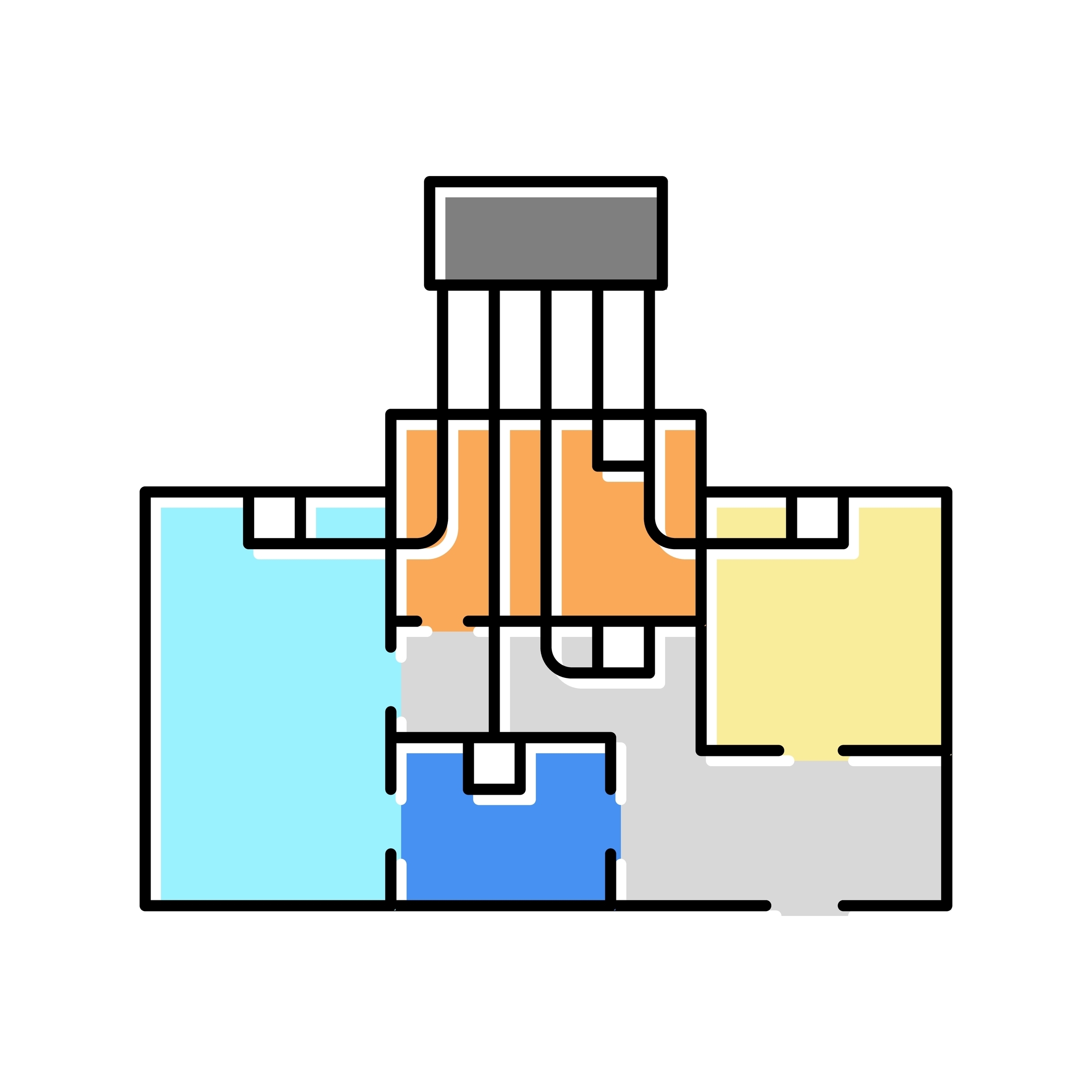Your HVAC system plays a massive role in keeping your home comfortable year-round. But did you know there’s a more innovative, efficient way to manage your indoor climate than a traditional single-zone setup?
If you’ve ever felt that your upstairs is too warm while the downstairs is cold, a dual-zone HVAC system could help.
How Do Dual HVAC Systems Work?
A dual-zone HVAC system divides your home into two separate temperature zones. Each zone has its own thermostat, allowing you to control the climate in different areas of your house. These systems have motorized dampers within the ductwork to control airflow. They might also be a single HVAC unit with zoning controls.
This setup lets you heat or cool only the areas that need it. This differs from single-zone systems, which make the home one temperature.
Why Invest in a Dual Zone HVAC System
Energy Efficiency
Dual-zone HVAC systems use less energy since you only heat or cool specific zones as needed. They also stop spaces you aren’t using from getting too cold or too hot. This helps you save on energy bills.
Customized Climate Control
These systems allow you to set different temperatures for different parts of your home. You can control temperatures in two zones based on how you use each space.
Better Airflow and Circulation
A dual-zone HVAC system keeps temperatures steady and improves indoor air quality. It directs airflow to where it is needed in the home.
Longer HVAC System Lifespans
A dual-zone system operates only where needed, reducing strain and wear on important parts. It also helps prevent frequent cycling, helping your system last longer with fewer repairs and less maintenance.
Is Dual-Zone HVAC Worth It for Your Home?
A dual-zone HVAC system is an excellent investment for homeowners. It helps improve comfort and efficiency. This is especially true for homes with unique layouts or different temperature needs. It’s particularly beneficial for:
- Homes with multiple stories, where upper levels often get warmer than lower ones
- Open floor plans or large rooms that are harder to regulate with a single thermostat
- Rooms with specific purposes, like guest rooms, sunrooms, or home offices, are used at different times.
- Spaces with varying sun exposure, where some areas heat faster than others.
In addition to layout considerations, dual zoning is excellent for energy-conscious households and families with different comfort needs. Many systems can be upgraded, though some may require full replacement.
Dual Zone HVAC vs Two Units: Which Is Better?
When deciding between a dual-zone HVAC system and two separate units, it’s important to weigh the pros and cons:
- Cost: Overall, dual-zone systems are more budget-friendly because they use a single HVAC unit, avoiding the added expense of a second system’s equipment and installation.
- Space: Ideal for homes with limited room, a centralized dual-zone system takes up less space than managing two separate units.
- Energy Efficiency: Dual-zone setups reduce energy waste by conditioning only the areas in use, while two full units may use more power when running simultaneously.
- Maintenance: With just one system to service, upkeep is more straightforward and more cost-effective than maintaining two separate units.
- Flexibility: While dual-zone systems cover most needs, expanding beyond two zones can be complex. Two systems offer greater flexibility for large-scale additions or renovations.
Ready to Upgrade to a Dual-Zone HVAC System?
A dual-zone HVAC system is a wise choice for many homeowners. Dual zoning could be the solution you’ve been looking for if you’re dealing with a home with hot spots or uneven cooling.
At Thornton, our expert technicians are here to help you determine if a dual-zone HVAC system is right for your home.
Contact us and we’ll walk you through your options and design a solution tailored to your space and budget.

